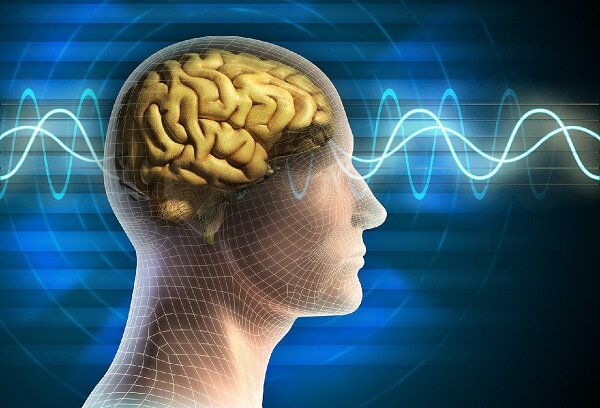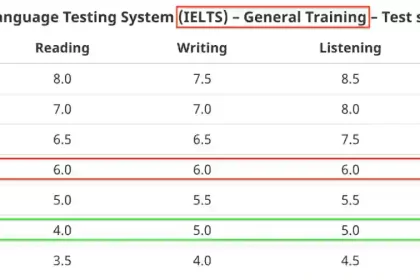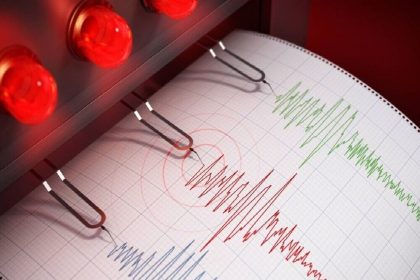The new study shows that the front and side of the brain, temporomadio and sinkolite and hipocampus are related to the disorders of the words, according to . Such a finding is especially helpful to help people understand diseases such as epilepsy who have difficulty remembering words.
The researchers hope that their findings will help guide neurosurgical treatment for patients with epilepsy and allow surgeons to avoid surgery in parts of the brain that are important for tongue and memory and may be affected by this process.
“It is important to remember words for memory to work,” says Professor John Duncan. Using precise MRI scans, the causes of epilepsy have been identified and also shown in these scans if any part of the brain is small. By measuring small parts of the brain and how well a person can remember words, the parts of the brain can be identified to make and store memories.
In addition, if the drug failed to take part of the epilepsy attacks, what has been said to help neurosteroids avoid damaging parts of the cheeks needed for memory function.
The researchers in this study studied four people with epilepsy, hippocampal sclerosis as well as four healthy individuals.
High resolution MRI scans were used to measure and measure the shape of different parts of the brain and specific areas in the hippocamus. All participants performed standard tests to evaluate speech memory. The researchers later compared the results of memory testing to different parts of the brain to determine if the brain parts are related to bad memory.
These findings are also important in understanding how the brain organizes and remembers memories.
(tagstotranslate) Scientific Research (T) Brain (T) Epilepsy
RCO NEWS














